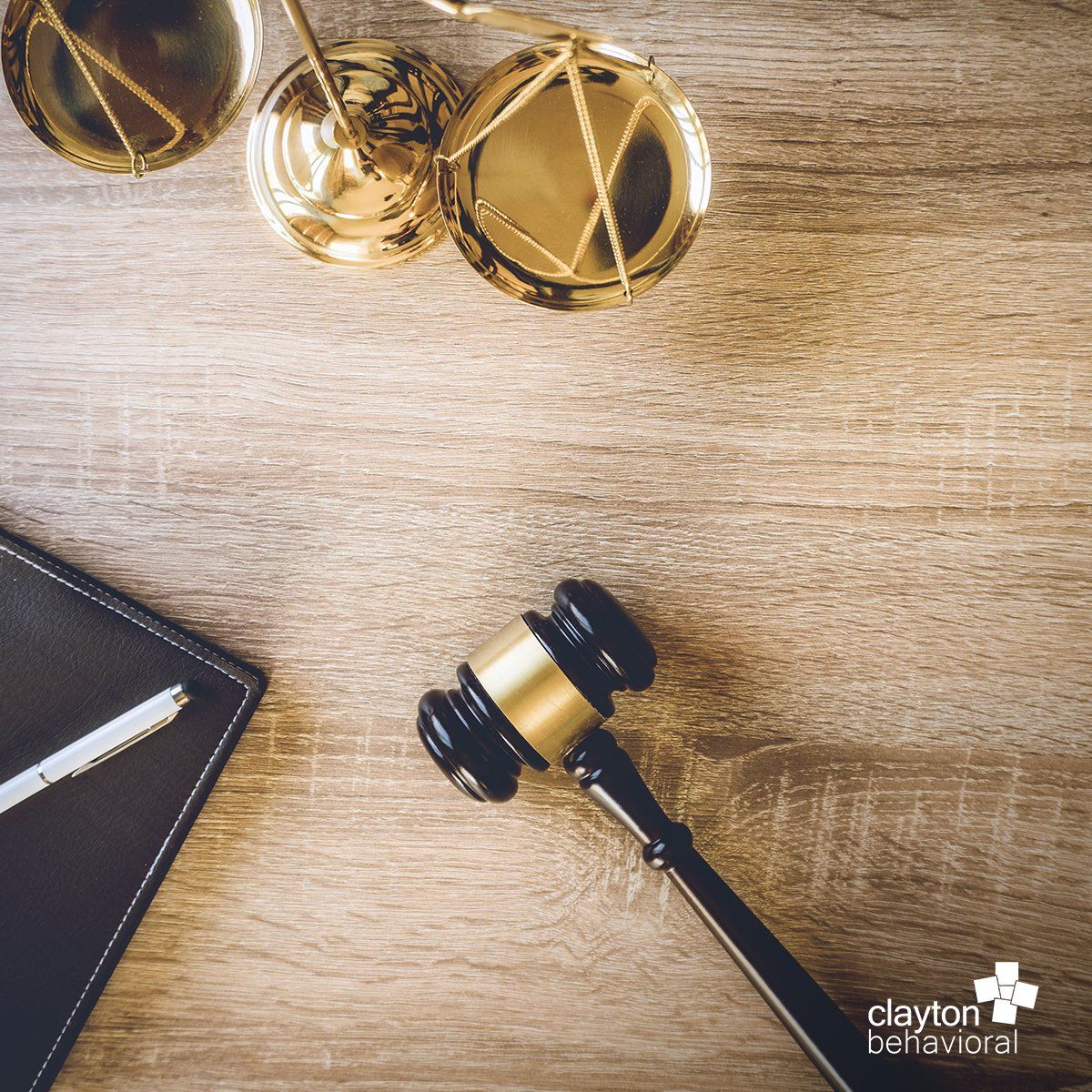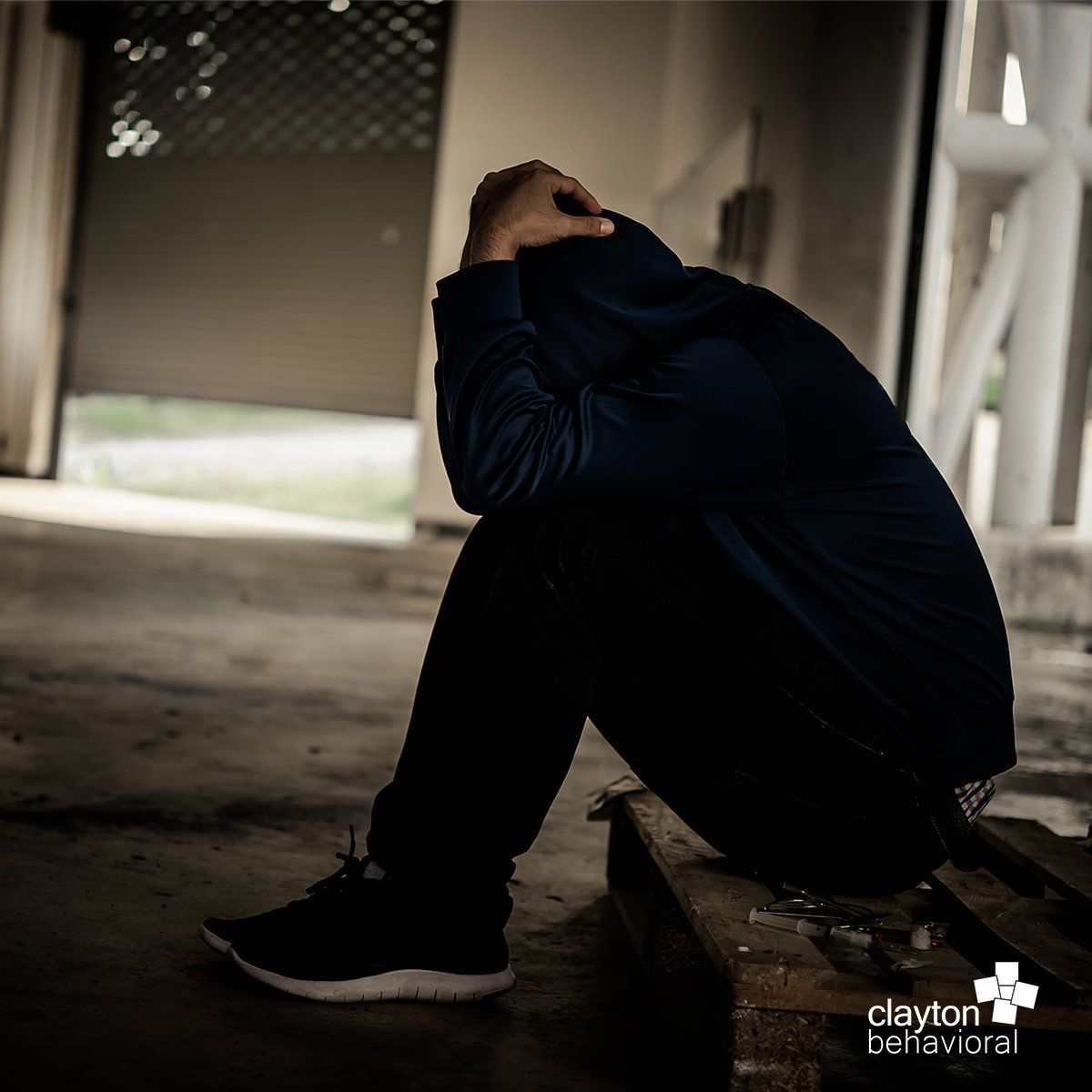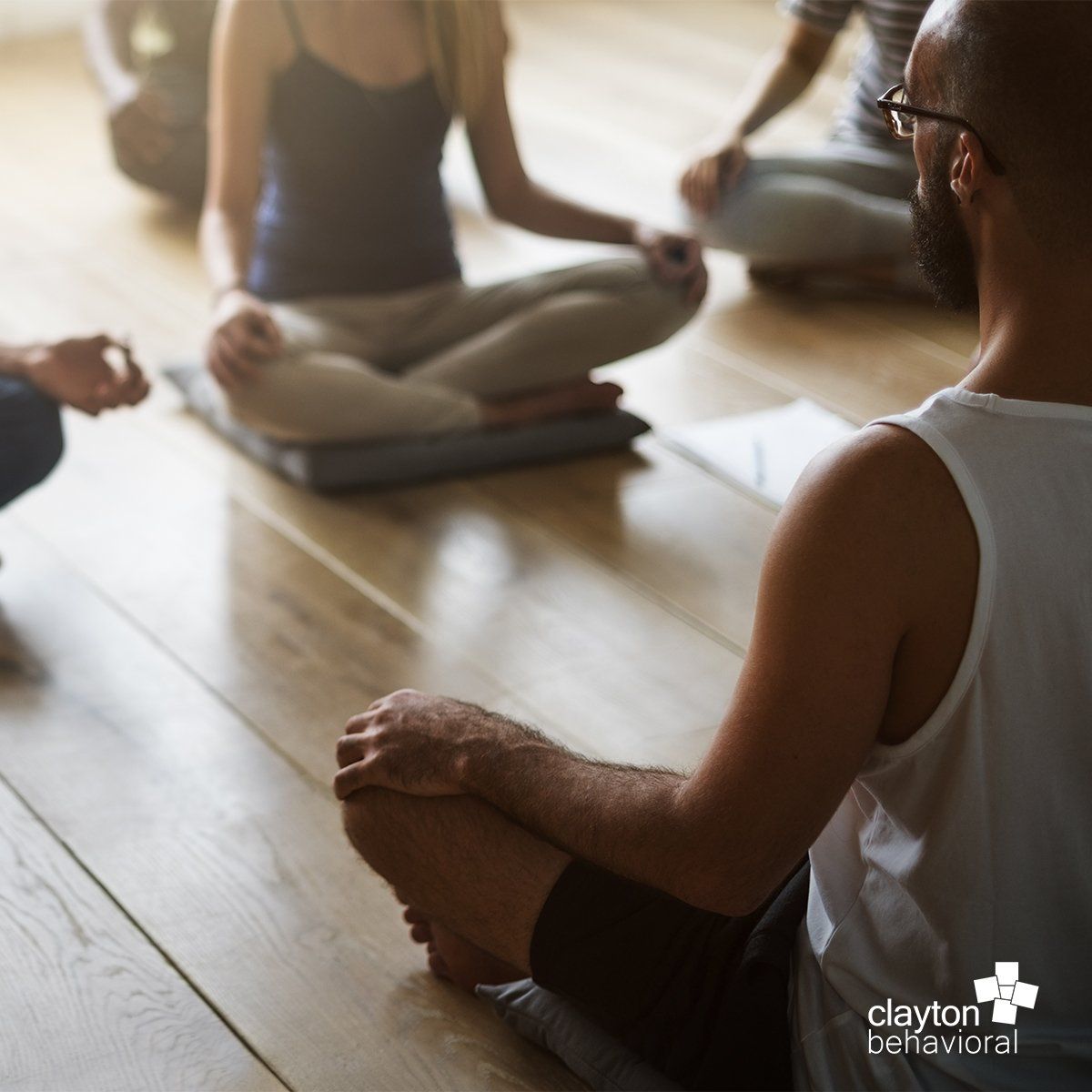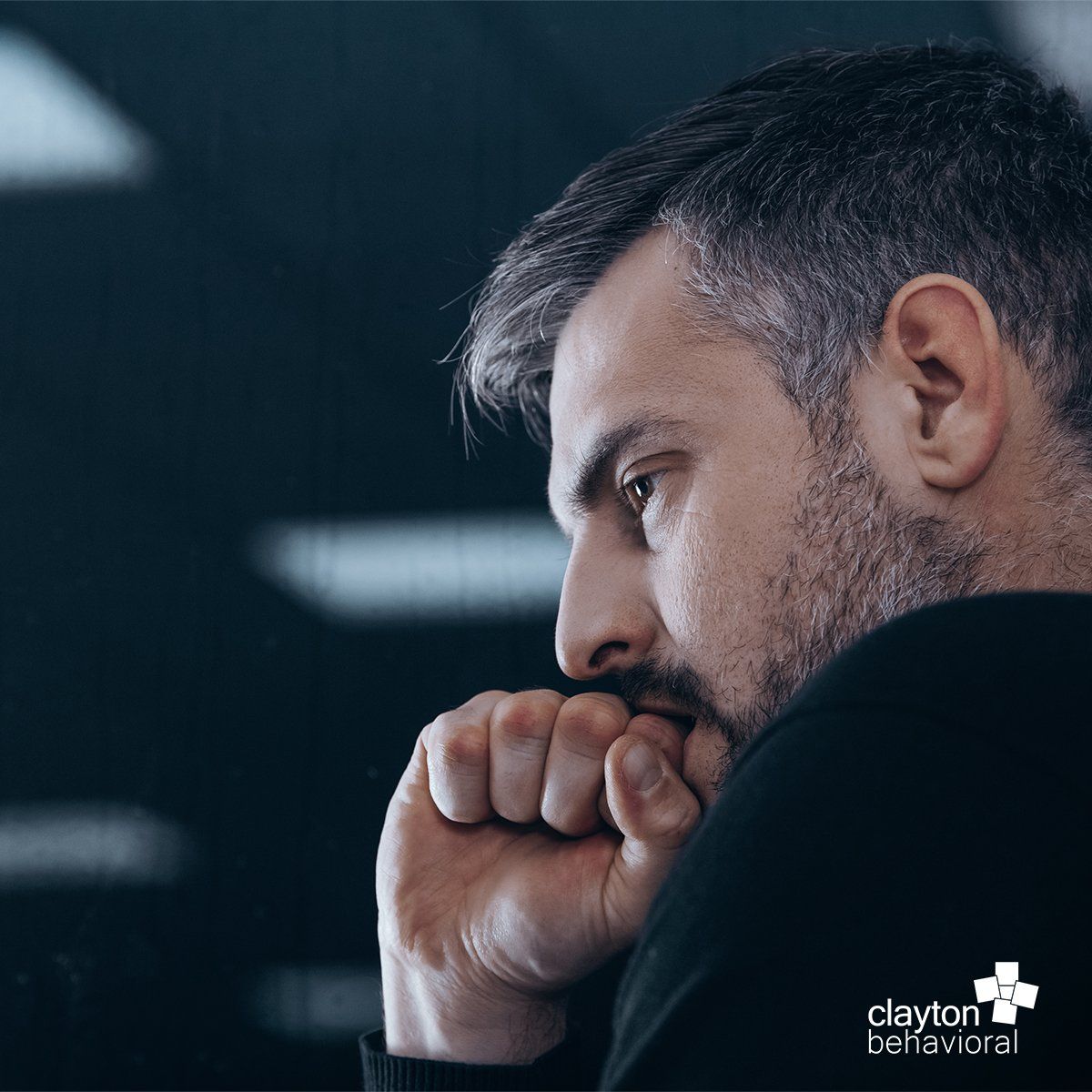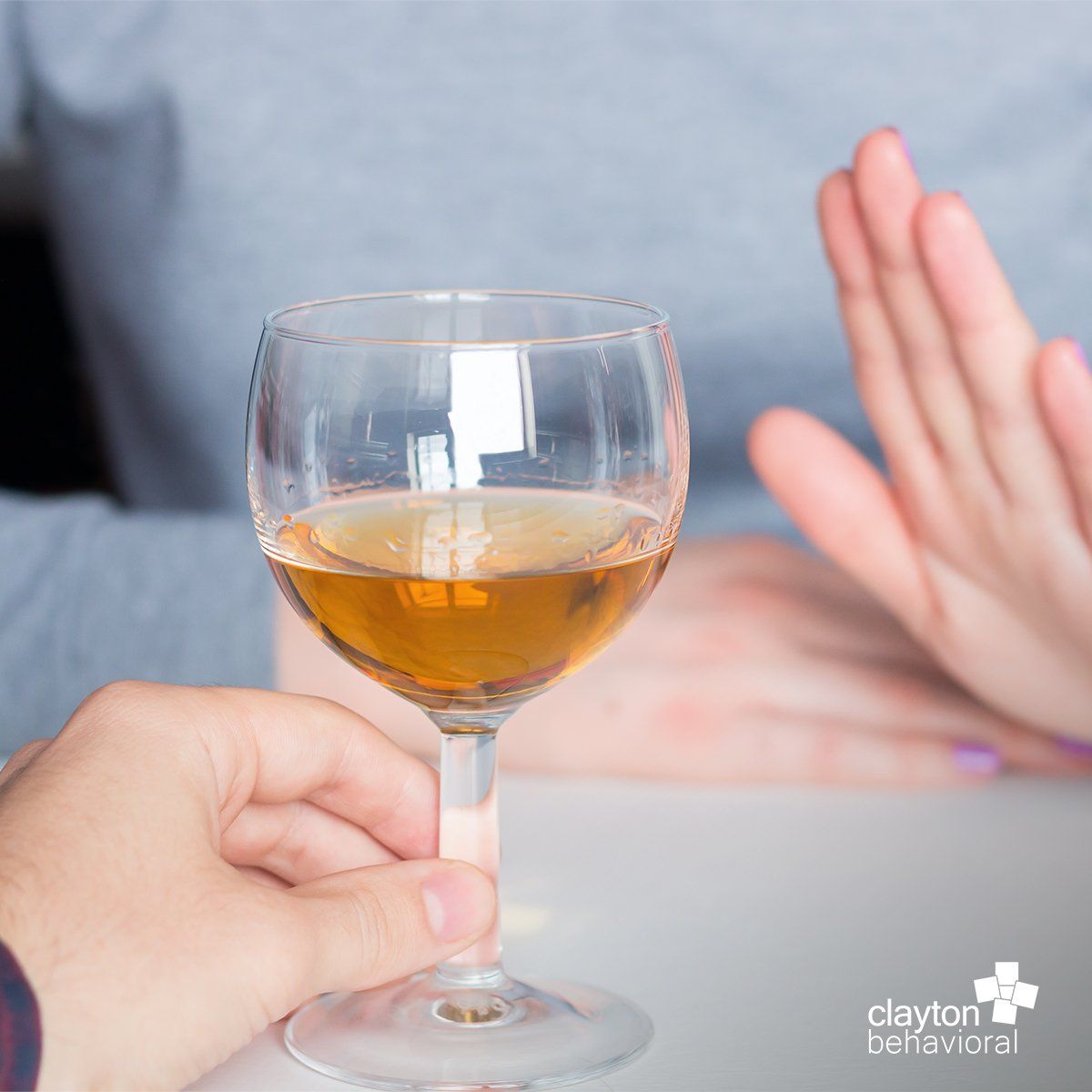How Fitness Can Help With Recovery

Recovery is hard. And it’s no secret that, even if you’re committed, cutting the addictive substances out of your life comes with all kinds of stress on both your body and mind.
From outpatient programs to rebuilding personal relationships, the road to recovery isn’t short of substantial hurdles to climb along the way. Although this can be a frustrating and overwhelming experience at times, it’s all the more reason to have a healthy outlet to relieve your stress.
While there are many obvious benefits to physical activity, there are a few that can directly impact the outcomes of substance abuse treatments. In fact, science suggests that exercise doesn’t just help facilitate recovery—it’s crucial.
Improving Mood and Lowering Stress
No matter what you’re recovering from, an integral part of maintaining your sobriety means finding new, healthier ways to cope with stress.
Many recovery efforts involve working to restore your brain’s balance. More specifically, reintroducing natural levels of “happiness-inducing” chemicals like dopamine and endorphins to your body—a balance that drug and alcohol abuse disrupts.
As a natural way to reset the scale, a quick sweat session releases both endocannabinoids and the same endorphins you crave during recovery. Together, these biochemicals can release a similar feeling of euphoria, making it easier to cope with daily life during recovery.
Further, studies show that exercise can actually help reduce addiction-related withdrawal symptoms and even lessen cravings. As a result, you get the same kind of boost in a much healthier way. Coupled with your addiction treatment , exercise can be a gratifying outlet and useful stress-management tool during rehabilitation.
Exercise and the Brain
Physical activity may not be your forte, and it may even be the last thing you want to do while working on your sobriety, but it can be an essential part of recovery for both your body and mind—specifically, your brain.
In addition to helping reduce cravings, exercise can also begin to repair parts of the brain that have been damaged by substance abuse. Several studies have shown that individuals with a history of substance abuse show a reduced volume in the hippocampus along with decreased volume and function in the prefrontal cortex.
Of extreme importance to mental health, the hippocampus is the area of the brain mainly responsible for memory and learning. The direct benefits of exercise to your brain include reduction of insulin resistance and inflammation, stimulating the release of growth factors. This can even result in an increase in size in certain regions of the brain—including parts of the hippocampus.
Results of a study published in NeuroImage showed that, although a hippocampal volume increase in response to aerobic exercise was typically observed in animals, the evidence from human studies were equivocal, showing an increase in size of the left hippocampal region.
The long-term, and perhaps most attractive benefit of these results is the effect exercise can have on neurogenesis —the creation of new brain cells in an already mature brain. Exercising regularly can not only improve the delivery of oxygen and nutrients to the brain but also increase neurohormones, which support neuron signaling, growth and connections. Through creating these new nerve connections, your brain can begin to heal from the harm previously inflicted by addictive substances.
Healing Yourself and Your Body
During recovery, it’s more than just ridding yourself of harmful substances—both your body and mind have some significant healing to do.
Addiction looks different for everyone and its treatment can come in many forms—whether it be counseling, support groups and/or medication —but there are other natural ways to help your recovery, too.
The stressors that accompany recovery can take a toll on your body and mind. Which is why working out is one of the best things you can do to help ease these stressors and better focus on your sobriety. Even just 10 minutes of aerobic exercise can reduce tension, fatigue and anger while increasing feelings of vitality and energy.
Studies also show that adding exercise in addition to your addiction treatment can amplify the effects of recovery. In one study of patients being treated for substance abuse published in Mental Health and Physical Activity , the results showed that exercise can provide a sense of accomplishment, improved health and most importantly, an increased drive and confidence in staying sober.
Put It to the Test
In summary, exercise can be a valuable part of the recovery process for a number of reasons, and you don’t have to become a fitness fanatic to see the benefits of exercise. From improved sleep, more energy or a greater sense of physical well-being, the rewards you and your body can reap by engaging in exercise will help make your time during recovery more enjoyable and sustainable.
While exercise by itself is no cure for addiction, it can be an additional tool to help build (or rebuild) a healthy life. All you need to do is take those first steps.
_______________________________________________________________________
If you or a loved one is struggling with substance-related problems, please contact us for a confidential individual or family consultation at 314-222-5830, visit our website or send us an email for more information.


